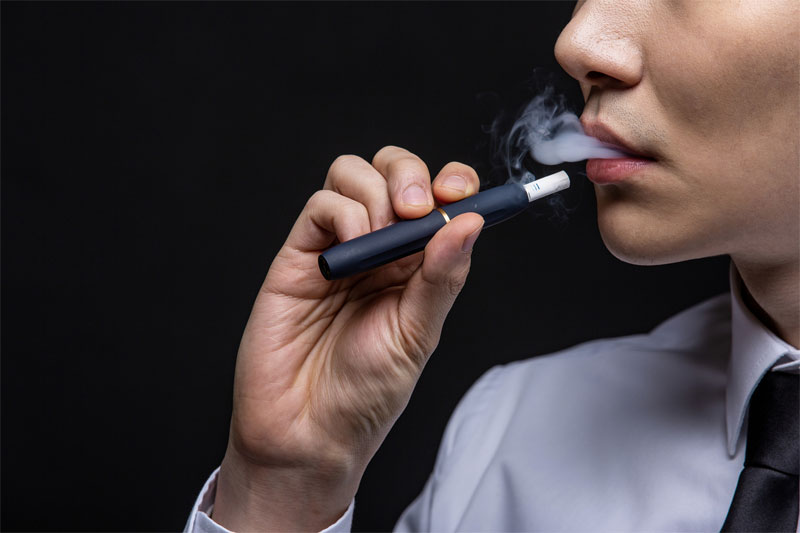E-cigarettes, often seen as a safer alternative to traditional smoking, have revolutionized how individuals approach nicotine consumption. Yet, the effects of e-cigarettes on health and lifestyle remain a topic of ongoing research and debate. Understanding these effects is crucial, particularly as the popularity of vaping continues to rise globally.
Health Implications of E-Cigarette Use
As e-cigarettes grow in popularity, their impacts on health have become a focal point of scientific inquiry. Unlike conventional cigarettes, e-cigarettes do not contain tobacco. Instead, they use a liquid known as e-liquid or vape juice, which is typically composed of nicotine, propylene glycol, glycerine, and flavorings. This composition significantly distinguishes the health implications of e-cigarettes from those of regular cigarettes.
One of the primary concerns associated with e-cigarette effects is the potential harm of inhaling nicotine, an addictive substance. Nicotine can adversely affect heart health, leading to elevated heart rates and blood pressure. Despite the absence of tar and other carcinogens found in tobacco smoke, vaping is not free of risks. Studies suggest that aerosolized e-liquid can damage lung tissue and worsen respiratory conditions, such as asthma.
The Debate on Safety and Harm Reduction
Supporters of vaping argue that e-cigarettes present a lower risk compared to traditional smoking. Public Health England, for example, claims that e-cigarettes are approximately 95% less harmful than smoking tobacco. This belief in harm reduction potential has fueled their use as smoking cessation tools, helping smokers transition away from combustible tobacco.
Conversely, critics highlight the lack of long-term studies on vaping. E-cigarette effects, particularly among youth who might perceive vaping as less dangerous, remain uncertain. There’s concern over potential gateway effects, where non-smokers, particularly teenagers, may develop nicotine addiction despite having never smoked traditional cigarettes.
Impact on Lifestyle
Beyond health, e-cigarettes have influenced personal lifestyles and social practices. Vaping is often seen as more socially acceptable than smoking, contributing to its rising appeal. The absence of lingering smoke smell allows users more freedom to vape in social settings where smoking is frowned upon or restricted.
Furthermore, e-cigarettes offer a level of customization that traditional cigarettes cannot match. Users can select from a vast array of flavors and devices, tailoring their vaping experience to personal preferences. This customization adds an aspect of novelty and personalization, contributing to a unique lifestyle choice closely associated with vaping culture.
The Regulatory Landscape
The evolving regulations on vaping products reflect their dynamic role in society. Many countries have imposed restrictions on sales and advertising, especially those targeting minors. These regulations aim to curtail youth vaping while balancing adult smokers’ right to access these products for harm reduction.
Common Questions About E-Cigarette Effects
- Does vaping help in quitting smoking?
- Many individuals find e-cigarettes effective as a part of smoking cessation strategies. However, while they may reduce the harm associated with smoking, the ultimate goal should be to quit nicotine altogether.
- Are there any benefits to using e-cigarettes?
- The primary benefit of e-cigarettes is the reduction in exposure to harmful substances found in combustible cigarettes. Yet, it’s important to acknowledge that vaping is not without its risks, and long-term health effects are still being studied.
- What age restrictions apply to vaping?
- Age restrictions vary by country. In many places, legal age limits for purchasing vaping products align with those for buying tobacco, usually set at 18 or 21 years old.


In conclusion, while e-cigarettes provide an alternative to traditional smoking, their effects on health and lifestyle remain complex and multifaceted. Continuous research is essential to grasp the long-term impacts and ensure that e-cigarettes are used safely and effectively.



